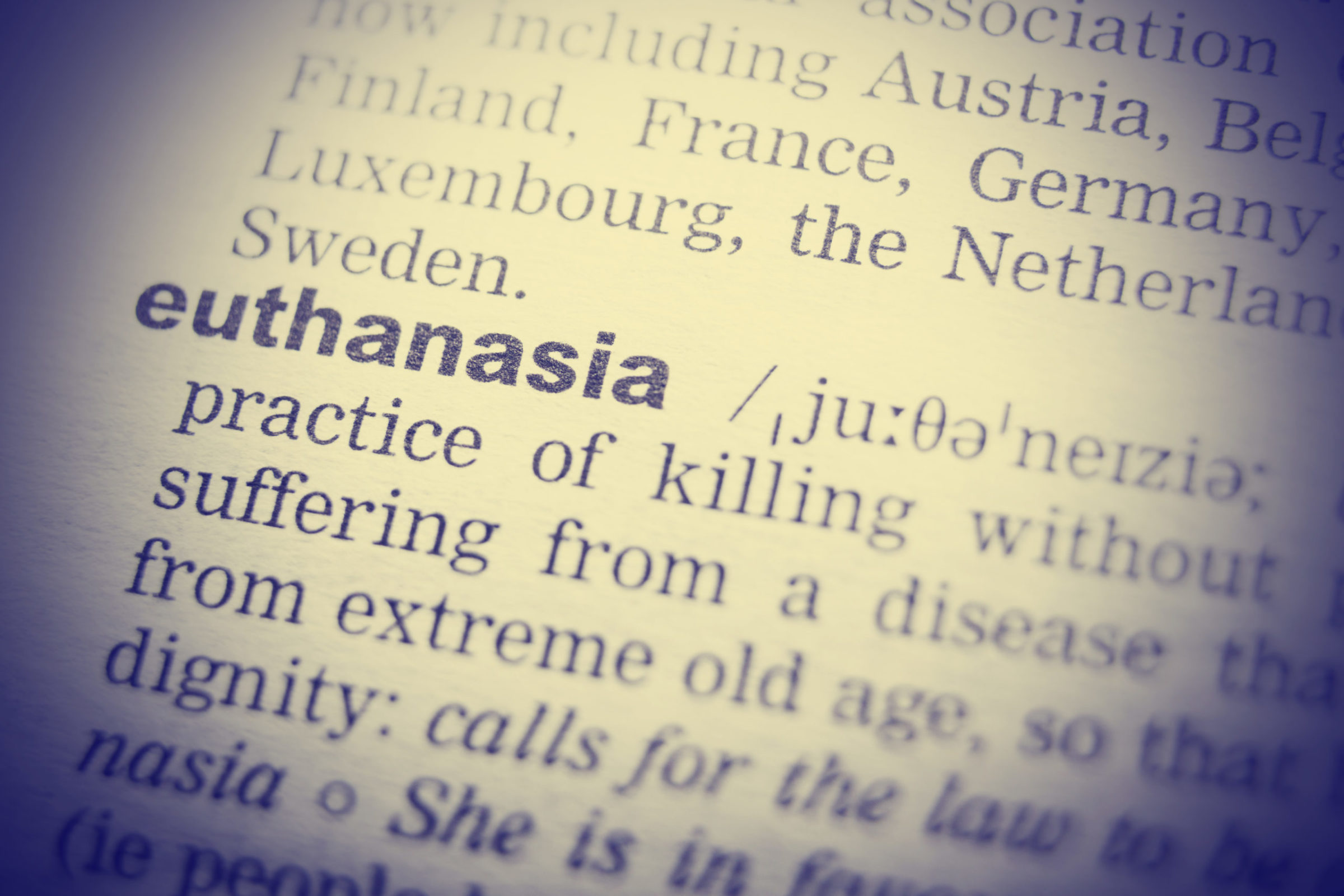Study: Legalizing Assisted Suicide Is Associated with Increased Suicides
Originally published at National ReviewOne of the more paradoxical claims by assisted-suicide promoters is that legalization will reduce “premature” deaths because seriously ill people who might otherwise end it all sooner will instead wait because release is available readily when they need it.
I am not saying that never happens, but I have long believed that legalizing assisted suicide would be far more likely to increase suicide rates overall. Once using assisted suicide as a means of overcoming suffering caused by serious illness becomes the societal paradigm, people who are suffering intensely from other causes are unlikely think, “Oh, suicide is OK for people with cancer, but not me.” That’s not how our minds work.
And indeed, the West is experiencing a suicide crisis. Oregon public health officials have bemoaned the rise in youth and other suicides. And while assisted suicide is certainly not the sole cause of the spike, I have been screaming into the wind for people to connect some damn dots!
One earlier study about Oregon, which euthanasia proponents disputed, found that legalization did indeed “induce more self-inflicted deaths than it inhibits.” Now, a new peer-reviewed study in the Journal of Mental Health Ethics, looking at European countries that legalized euthanasia or assisted suicide, finds that not only does legalization not reduce “premature” deaths, but that legalized euthanasia/assisted suicide is indeed (unsurprisingly) associated with suicide increases when compared with neighboring countries without legalization. From the study’s conclusions (my emphasis):
When data from these jurisdictions are compared with those of neighbouring non-EAS [euthanasia/assisted suicide] states; significant dates are included; suicide (inclusive of assisted suicide) or intentional self-initiated deaths are included; and rates of male and female non-assisted suicide and suicide (incl. AS) / ISID are considered separately, a different and more concerning pattern emerges:
• In all of the four jurisdictions [where EAS is legal] there have been very steep rises in suicide (incl. AS) or in ISID after the introduction of EAS. A striking example is the suicide rate (incl. AS) of women in Switzerland which has roughly doubled since 1998. Many more people have died prematurely after these changes.
• In none of the four jurisdictions did non-assisted suicide rates decrease after introduction of EAS relative to the most similar non-EAS neighbour. There is no indication of prevention of non-assisted suicide at a population level.
• In one of the four jurisdictions, the Netherlands, which has the longest history and greatest number of deaths by EAS in Europe, the rates of non-assisted suicide have increased since EAS was legalised by statute. This was both an increase in absolute terms and an increase relative to its only non-EAS neighbour: Germany.
• In another of the four jurisdictions, Belgium, which has the second highest rate of the death by EAS in Europe, while the rates of non-assisted suicide decreased in absolute terms, they increased relative to its most similar non-EAS neighbour: France. It is striking that Belgium now has the highest female non-assisted suicide rate in Europe, based on OECD Suicide Data.
It is also worth pointing out that Germany recently legalized assisted suicide for anyone and for any purpose. Want to bet that suicide rates will increase?
Here’s the bottom line. Once a society becomes pro–some suicides, it leads to more suicides. I don’t see how it could be otherwise — even when many laws call it something else and don’t count assisted suicides as what they are — suicides.
Proponents for legalizing assisted suicide should be forced to face this issue frontally, and not get away with the pretense that legalizing assisted suicide will actually reduce the number of “premature” self-killings. Not only does that not make sense logically, but the statistics from countries that have swallowed the hemlock don’t support the hypothesis.
